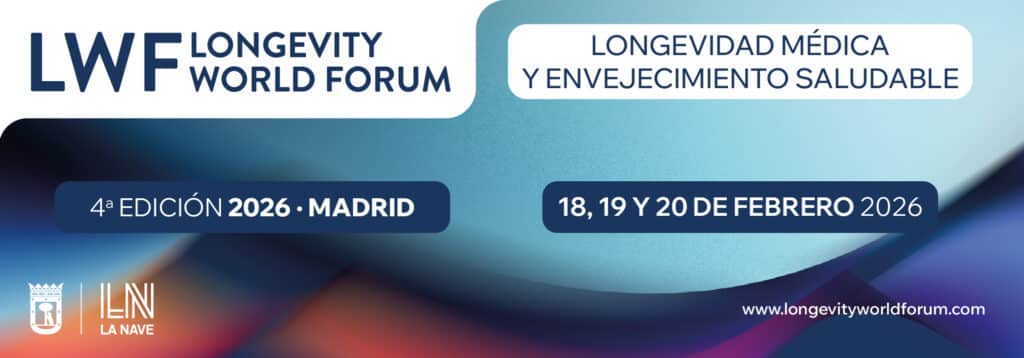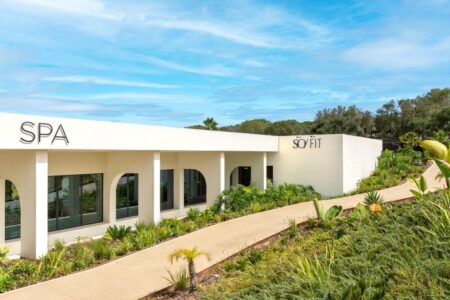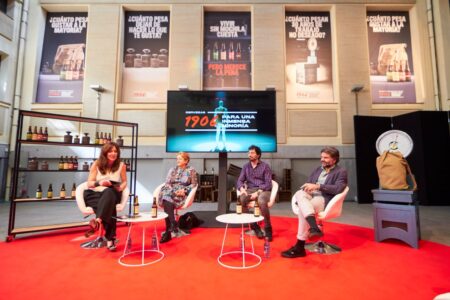Last Monday, 24 March, the first edition of the Vatican Longevity Summit, held at the Augustinianum Congress Centre, organised by the International Institute of Neurobioethics (IINBE), BrainCircle Italy and sponsored by the Pontifical Academy for Life.
Organised to address the issue of healthy and sustainable ageing with scientific rigour and ethical vision, the symposium brought together two Nobel laureates, world-renowned scientists, experts in neuroscience, epigenetics, regenerative medicine and representatives of public institutions. The challenge of this first Vatican Longevity Summit is the creation of a comprehensive model of human longevity, in line with the vision of Pope Francis, who considers old age a grace.
The symposium was preceded by two important events:
The first. At 12:15 on 24 March, in the Press Room of the Holy See, located in Via della Conciliazione 54, the presentation conference of the "Vatican Longevity Summit: Challenging the Clock of Time" took place. The speakers were: H.E. Msgr. Vincenzo Paglia, president of the Pontifical Academy for Life; Prof. Father Alberto Carrara, LC, president of the organising committee; Prof. Giulio Maira, neurosurgeon and founder of the Atena Foundation; Prof. Venkatraman Ramakrishnan, Nobel Prize in Chemistry 2009; and Prof. Juan Carlos Izpisúa Belmonte, scientist specialised in stem cell biology and regenerative medicine.
The second. During the press conference, Prof. Father Alberto Carrara, LC, organiser of the event, read a message received from Pope Francis, the first after his release from Gemelli hospital:
"On the occasion of the meeting on longevity, promoted by this Institute under the theme 'Defying the Clock of Time', the Supreme Pontiff sends his cordial greetings to the organisers, speakers and participants, hoping that the event will generate renewed attention to the elderly, whose valuable experience represents a wealth for the Church and society. With these vows, Pope Francis assures them of his prayerful remembrance and, while encouraging continued commitment to foster social support projects, he willingly sends the Apostolic Blessing."
At 16:00, Prof. Father Alberto Carrara, LC, opened the symposium sessions with a speech full of emotion and gratitude, recalling that the event was initiated by the visionary Viviana Kasam. The summit is the realisation of a dream that began years ago with projects such as "Cinema and brain" and "Does the brain have sex?", which brought together neuroscience, society and ethics.
Cardinal Pietro Parolin, Vatican Secretary of State, underlined the importance of "events capable of uniting science and humanism to put the person, even in the fragility of old age, back at the centre of social and cultural reflection".
In his speech, Parolin stressed that longevity is one of the great issues of our time and that the real challenge is not just to add years to life, but to give life to the years. He pointed out that ageing should not be seen as a problem to be solved, but as an opportunity for personal and social growth. He warned against the illusion of progress that pursues biological immortality without considering that the fullness of life is found in the quality of relationships and community.
He also emphasised that longevity cannot become a privilege of the few, but must be accompanied by policies that guarantee the common good. He emphasised the importance of intergenerational solidarity and the inclusion of the elderly in society, rather than relegating them to the margins.
Representatives of the Italian government, such as Maria Teresa Bellucci, Deputy Minister for Labour and Social Policies, and Senator Alessio Butti, Undersecretary of the Presidency of the Council of Ministers for Innovation, also spoke.
The opening session featured two prominent figures:
- Vincenzo Paglia, a moral theologian and advocate for the most vulnerable, whose work has shaped the ethical debate on ageing.
- Prof. Giulio Maira, renowned neurosurgeon and founder of the Atena Foundation, who highlighted the importance of brain health for quality longevity.
Presentation of advances in cell regeneration against ageing diseases
The summit was attended by two Nobel laureates whose research has changed the perspective on longevity:
- Prof. Venkatraman Ramakrishnan, Nobel laureate in chemistry, explained the importance of the ribosome in cell function and how its maintenance is key to slowing down ageing.
- Prof. Shinya Yamanaka, Nobel laureate in medicine, presented his revolutionary discovery of induced pluripotent stem (iPS) cells, which can reverse cellular ageing and represent a promising basis for regenerative medicine.
The second part of the symposium was led by Prof. Nir Barzilai, an expert in genetics and the biology of ageing, who moderated a panel of world-renowned experts, among them:
- Juan Carlos Izpisúa Belmonte, who presented advances in epigenetic reprogramming and systemic rejuvenation.
- Valerio Orlando, who addressed the relationship between the environment, epigenetics and neurodegenerative diseases.
- Vittorio Sebastiano, who presented techniques for ovarian rejuvenation and restoration of cellular functions.
- Eileen Crimmins, who highlighted the importance of social factors in cognitive and physical ageing.
- Camillo Ricordi, who spoke about pancreatic cell regeneration in elderly patients with diabetes.
With great participation and consensus, the first Vatican Longevity Summit concluded with the objective of establishing an interdisciplinary and global pathway for healthier, ethical, inclusive and conscious ageing.






